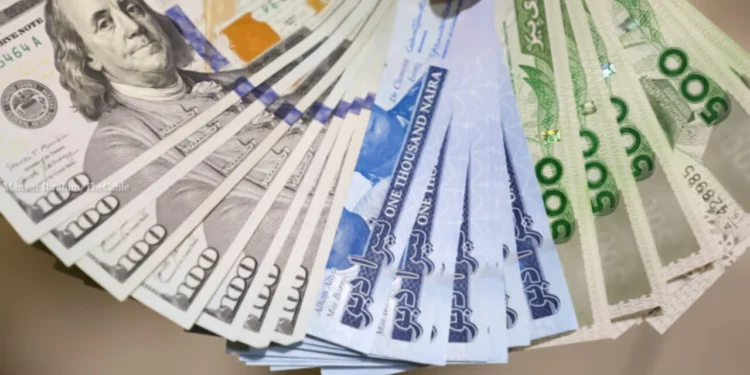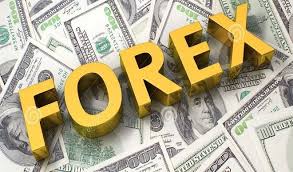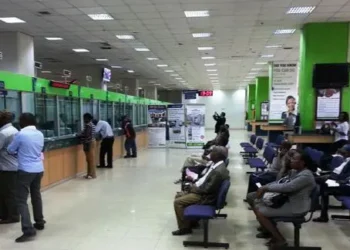The Economist Intelligence Unit (EIU) has forecasted a weakening of Nigeria’s official exchange rate to N1,068.3/$ by 2025, citing ongoing currency losses exacerbated by the Russia-Ukraine conflict, foreign exchange illiquidity, and a widening gap between official and parallel-market rates. The EIU’s report anticipates a larger devaluation in 2025, projecting limited pass-through impact but revising average inflation for that year from 15.1% to 17.1%.
Nigeria has been grappling with forex scarcity, leading to difficulties in clearing its forex backlog, negatively impacting the value of the national currency. President Bola Tinubu’s commitment to settling approximately $7 billion in unpaid foreign exchange commitments aims to alleviate the situation, with the Central Bank of Nigeria (CBN) making efforts to settle forex liabilities with institutions, including Citibank, Stanbic IBTC, and Standard Chartered.
Despite these efforts, challenges persist in efficiently disbursing forex, with foreign airlines disclosing that about 90% of their $783 million trapped funds remain unpaid. The naira recently reached a new low in both official and parallel markets, closing at N996.75 per dollar and N1,090 per dollar, respectively.
The EIU report underscores the reluctance of the CBN to allow free access to hard currency, contributing to illiquidity in the Nigerian Foreign Exchange Market (NFEM). The report suggests that pressing for currency reform could lead to a hefty devaluation, impacting petrol price deregulation and further straining the fiscal position.
The EIU contends that the CBN lacks the firepower to implement a successful currency float, projecting sizable devaluations in 2025 or possibly sooner. It anticipates a 38.5% loss against the US dollar, with the exchange rate reaching N1,142.5:US$1 at the end of December 2025. The report expects periodic devaluations, projecting a rate of N1,262.1:US$1 at the end of 2028, maintaining an unstable exchange-rate regime with continued spread with the parallel market.










